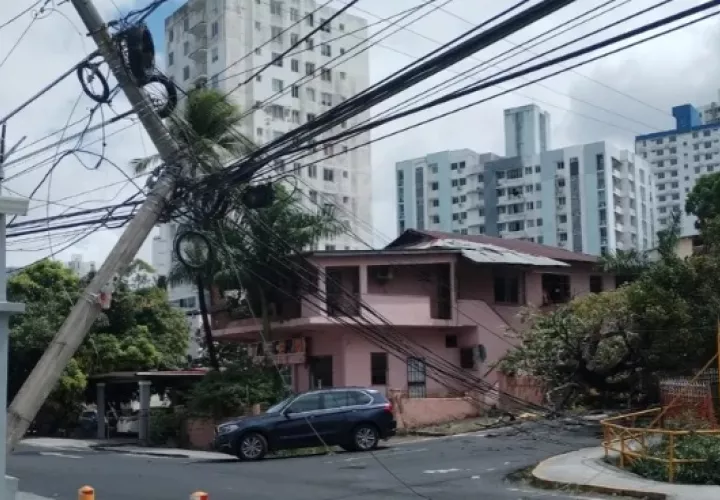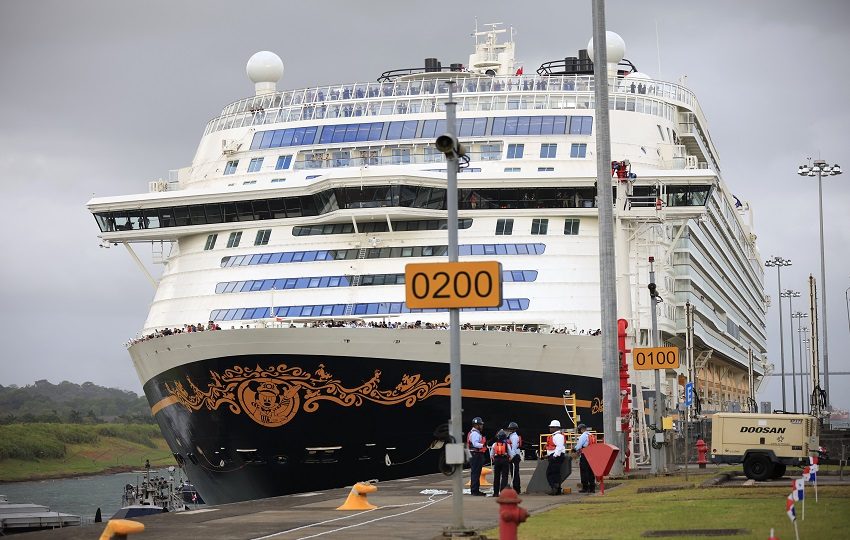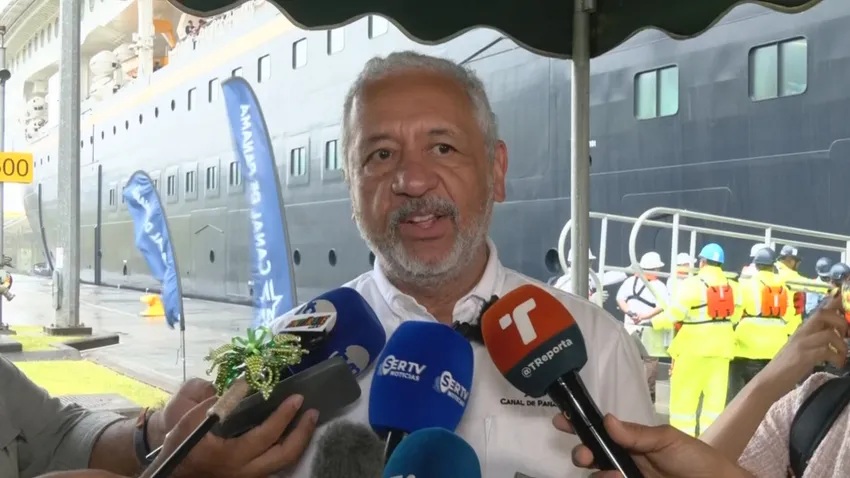A window of opportunity for Panamas Metro buses.


AS EUROPEAN legislators line up to decide on a 50% emissions cap across the EC, hoping to get the U.S. and Asia to follow suit, here’s an idea that could work well in Panama, and help the Metro Bus system reduce costs.
It would also help Panama contribute to reducing global warming, and demonstrate that there’s money to be made, and saved, in going green.
The news item came from Stockholm, Sweden, and Lublin, Poland.
As a measure to reduce energy consumption and make public transport greener, the Polish city of Lublin has installed thin film solar cells manufactured by the Swedish company Midsummer on the roof of city buses. The thin film solar cells Midsummer are light and flexible, ideal for moving vehicles in any city in the world.
The Polish city of Lublin is one of the first cities in the world to install photovoltaic solar panels CIGS (a thin film of copperindium gallium and (selenium) on the roof of city buses. Solar panels convert solar energy into electrical energy which feeds the bus battery. This lessens the load through the alternator, which in turn reduces fuel consumption and has both economic and ecological benefits.
The CIGS thin film solar panels are thinner and lighter than traditional solar panels. They are non-toxic (no cadmium) and can be manufactured frameless, two ideal characteristics for use in buildings and cars in cities. The CIGS panels are flexible and can bend.
The potential savings for the city of Lublin are estimated at up to $ 2600 per year per bus. Only counting the reduction in fuel consumption, a period of just two years is calculated for the recovery of the investment in the system, not including environmental benefits. The useful life of the panels exceeds the useful life of the bus.
The first solar bus is already in operation in Lublin and the. Solar panels will be installed in the rest of the fleet in the coming weeks.
"Unlike solar cells more traditional silicon, CIGS thin-film solar panels are flexible and are lightweight, so they are ideal for installation on vehicles and in many buildings, landfills, etc.” Says Sven Lindström, CEO of Midsummer.
"If you can install solar panels thin film on vehicles to public transport, with energy return and short payback period, in a city north of Central Europe , imagine the potential for bigger cities to introduce the use of solar energy in buildings and vehicles in the sunny regions of the world." [My italics]
First Lublin, next Panama and Central America?





